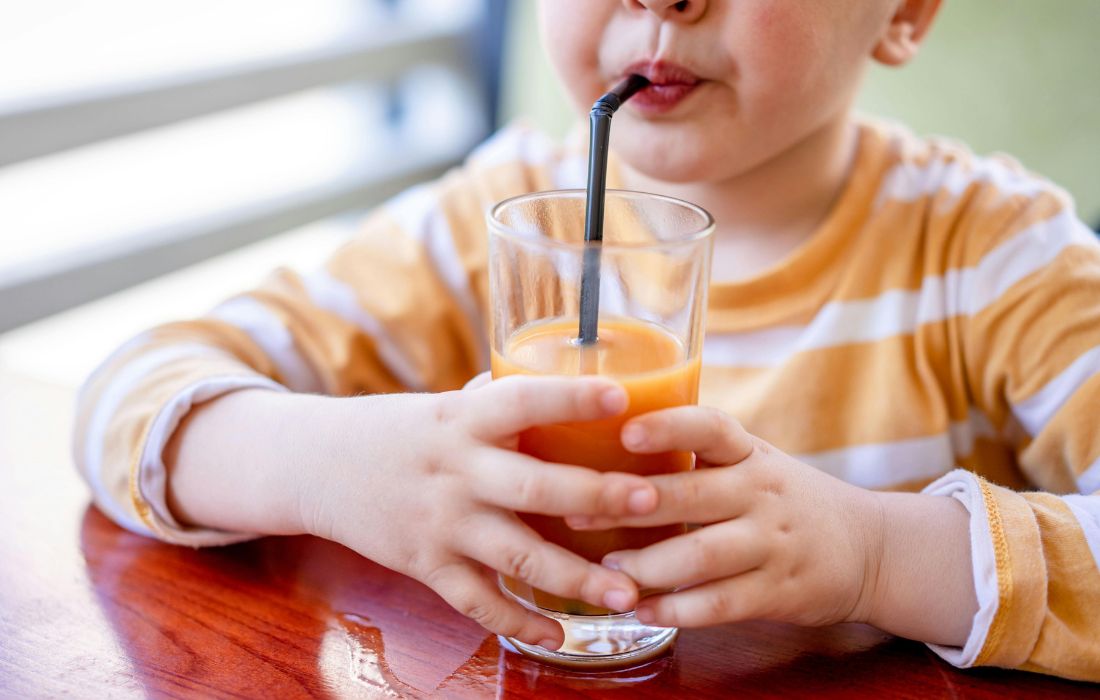Many parents are wary in the months leading up to potty training, as it seems this milestone can be rife with stress, power struggles, and messy problems. While it is certainly a stressful time for parents, it also is for the child being trained! Defusing that stress is what Stress-Free Potty Training, A Commonsense Guide to Finding the Right Approach for Your Child (AMACOM Books) by pediatric neuropsychologist Dr. Pete Stavinoha is all about.
There’s no perfect age to start training, but most parents begin to think of it – or pediatricians begin to suggest it – around the two-year mark. Some kids are ready, some aren’t. Some two year olds train in a couple of weeks; other three year olds take months. Unfortunately, there’s no tried and true formula, you just have to figure out your own child. But beware of counting on fast results.
“It’s not unheard of for a child who’s ready to potty train in a day or a weekend, but it’s hardly the rule.” So, Dr. Stavinoha advises parents to plan for the majority of the potty-training process to take between six and nine months, give or take. “Some kids may actually need a full year to learn all the major potty-training skills, and even longer to get the more advanced skills, such as wiping effectively.”
As more and more preschools and daycare centers require enrolled three year-olds to be potty-trained, proper planning is essential if you are facing such a deadline. Starting months in advance should give you plenty of time for success, and some padding for any potential setbacks. There is no limit on what can affect this process, from the obvious such as the imminent arrival of a new sibling, a move or planned vacation, to the not-so obvious like a sensitivity to the flushing sound, refusal to poop, or an aversion to wiping. Knowing a child’s personality, however, will help parents figure out how to best approach their child in ways that will resonate best with them.
In Part Two and Three of this article (posted on my website), Stavinoha will introduce you to the five most common types of childhood personalities, and clue you in to the biggest potty training challenges for each.
Despite the fact that there is no perfect time to start, some parents worry when their child hasn’t mastered this developmental milestone by a certain age. So, for those parents who are considering buying stock in diapers?
“It’ll happen. Honestly, there are very few people walking around at 18-years-old who aren’t potty trained.” says Dr. Stavinoha with a chuckle. “Once your child is ready, as long as you are paying attention she’ll let you know – in her own unique way – and that’s when you both will be successful.”
Stress-Free Potty Training, A Commonsense Guide to Finding the Right Approach for Your Child (AMACOM Books) by Peter L. Stavinoha, Ph.D., and Sara Au, is available on Amazon.com and in bookstores. Stavinoha is a dad and clinical pediatric neuropsychologist at Children’s Medical Center of Dallas. Au is a mother and a journalist specializing in parenting and health issues. In addition to the book, the pair co-host a podcast titled, “The Real Parenting Show With Dr. Pete & Sara.” You can find out more and read an excerpt from Stress-Free Potty Training here.
What is your best potty training tip?
Was this article helpful to you? Please tell us by commenting below! For more baby, toddler, and family sleep tips and tricks, please subscribe to The Sleep Lady’s Facebook, Twitter, Pinterest, Google+, and YouTube channel! If you are looking for more sleep content, please check out Get Sleep Now-an exclusive members-only area designed to provide in-depth help and support during your sleep coaching experience.
photo credit: bengarrison via photopin cc




